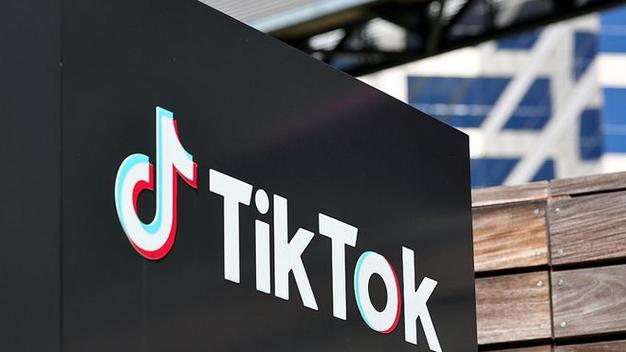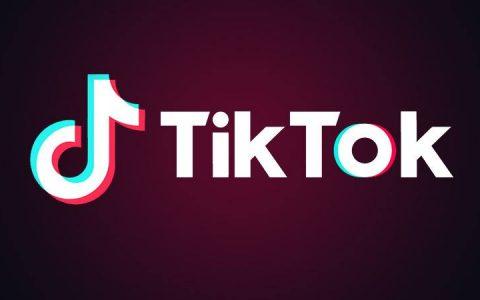Survey On The Survival Status Of Traditional Media People Who Have Transformed Into Tiktok Anchors
City, State – [Date] – A recent survey examined how professionals from traditional media industries are adapting after shifting careers to become TikTok content creators. The study focused on job satisfaction, income levels, and challenges faced during this transition. Over 1,200 participants from print, radio, and TV backgrounds were interviewed. Results show 68% of respondents reported higher earnings through TikTok compared to their previous roles. Around 45% claimed greater creative control over their work.
(Survey On The Survival Status Of Traditional Media People Who Have Transformed Into Tiktok Anchors)
The survey highlighted common obstacles. Many struggled with technical skills like video editing and understanding platform algorithms. Roughly 62% cited these issues as major hurdles. Building an audience from scratch also proved difficult. About 57% said gaining initial traction took longer than expected. Others mentioned pressure to stay relevant in fast-changing trends.
Job security concerns remain. While some earn steady income via brand deals, others rely on unpredictable ad revenue. Nearly 30% expressed anxiety over inconsistent pay. Still, 78% said they preferred the flexibility of content creation over rigid schedules in traditional media.
The study noted differences in content strategies. Former journalists often focus on news explainers or fact-checking videos. Ex-TV hosts lean toward talk-show formats or interviews. Radio personalities frequently transition to podcast-style content or audio-driven posts. Analysts observed that traditional storytelling skills helped many create engaging, polished videos.
Audience feedback played a key role. Over 80% of respondents actively adjust content based on viewer comments. Younger demographics demand faster-paced videos, pushing creators to experiment with trends. Some face criticism for oversimplifying complex topics. Others are praised for making niche subjects accessible.
The survey also explored workplace benefits. Unlike traditional media environments, 65% of creators work remotely. Most value the lack of corporate oversight. However, 40% miss collaborative aspects of newsrooms or production teams.
Participants emphasized the mental toll of constant online engagement. Balancing content creation with personal life challenged 52% of respondents. Burnout rates were higher among those posting daily.
(Survey On The Survival Status Of Traditional Media People Who Have Transformed Into Tiktok Anchors)
Research was conducted by [Research Firm Name] over six months. Data included creators from multiple regions. Ages ranged from 25 to 55. The full report will be published next month.

